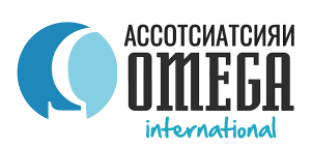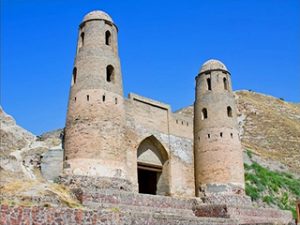
This content has been archived. It may no longer be relevant
In the Central Asia countries of Kazakhstan, Uzbekistan and the Kyrgyz Republic, energy performance codes and energy efficiency laws are in place to support Central Asia Economic Development. These policies have helped create new opportunities for investment in sustainable development.
Organizations such as the United Nations Development Program, government and non-government agencies have teamed up to help train and financially sponsor start-up renewable and efficient energy projects in Central Asia. By informing factory and utility managers, apartment owners and tenants, municipal workers, architects and construction companies about available sustainable energy choices and explaining how to incorporate them into their operations, there is more acceptance for sustainable energy solutions and technologies.
In Kazakhstan, state funded programs have scaled up many UNDP pilot projects. The UN Decade of Sustainable Energy for ALL which began in 2014 advocates achieving three sustainable energy goals by 2030. These include securing universal access to modern energy services, a 100% increase in renewable energy’s contribution to the global energy mix and a 100% improvement in energy efficiency.
70% of Tajikistan inhabitants live in rural areas and more than 14% lack sufficient energy to heat and power their homes. When the country gained independence from Soviet Union control in 1991, its people no longer benefited from subsidized diesel and coal. Since then, there has not been enough supply to meet increasing demand, especially in the winter.
While Tajikistan lacks carbon-based energy resources, it does have many small rivers and streams which offer potential for small hydropower projects. In 2010, the UNDP became involved in helping remove existing barriers to expanded hydropower. Realizing that the government was unwilling to help reduce investment risk in small hydropower projects and that state tariffs did not guarantee a reasonable return on investment, the UNDP began helping remove these barriers.
In Burunov jamoat, a rural sub-district with 22,000 inhabitants, the UN began a pilot program to help install a 200-kilowatt hydropower facility and established and trained a community organization to maintain the station.
In addition, the UNDP installed an energy-efficient boiler for heating, insulated the building and installed solar panels on a local health facility which greatly improved healthcare delivery.
These sustainable energy projects enrich livelihoods. For example, a small hydropower project powering a local milk processing business employs seven people and encourages small-scale agriculture.
The UNDP partners with governments and other organizations to leverage financing in order to expand affordable clean energy throughout the region. Please contact us to learn how your support will achieve transformational change.



